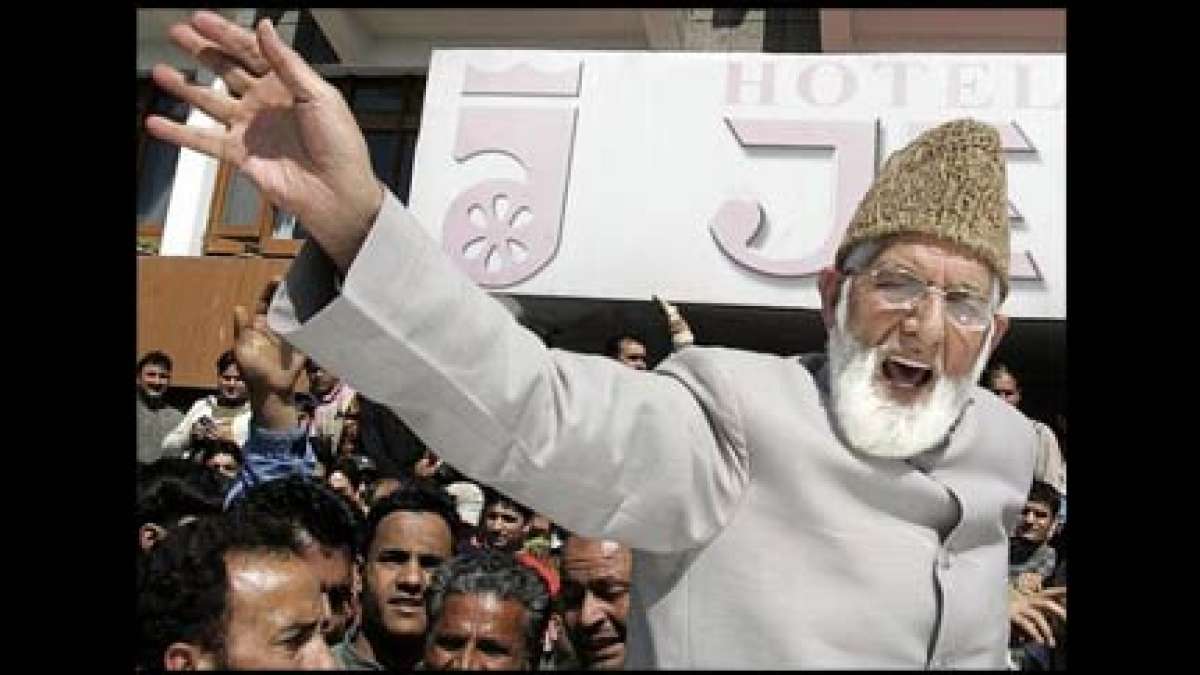Union Home Minister Amit Shah has wasted no time in hailing the supposed change of heart by some Hurriyat groups as a major victory for the Modi government’s Kashmir policy. According to him, the decision of J&K Tahreeqi Isteqlal and J&K Tahreek-I-Istiqamat to shun separatism is a sign that separatist ideologies are crumbling under the weight of India’s unifying policies. However, one must ask: can these declarations be taken at face value, or is there a deeper strategy at play? It is tempting to believe that Hurriyat-affiliated factions are abandoning separatism out of newfound faith in ‘New Bharat.’ But history warns us to remain cautious. These groups, known for their deep-rooted separatist stance, have operated on the diktats of Pakistan’s Inter-Services Intelligence (ISI) for decades. The timing of this shift raises pertinent questions. Are they merely lying low, waiting for an opportune moment to strike back? Could this be a ploy to lull security agencies into a false sense of complacency? While the Modi government may claim this as a triumph of its policies, seasoned political analysts suggest that the Hurriyat factions have merely acknowledged the changing geopolitical realities.

Pakistan, their long-time benefactor, is itself on the verge of disintegration. The ongoing Baloch uprising has stretched the Pakistan Army thin, and its economic woes have left it incapable of sustaining the proxy war in Kashmir. Given this precarious situation, the Hurriyat’s decision to ‘renounce separatism’ seems more like an act of survival than a true ideological transformation. Shah’s celebratory declarations on social media conveniently overlook this possibility. While he proclaims that separatism is ‘breathing its last,’ what he may fail to see is that these groups could be repositioning themselves for a more covert battle. The real test will come when the Indian government begins to scale down its security presence in the Valley. If this so-called change of heart is genuine, we should see long-term stability. If not, violence could erupt once again when the state lets its guard down. It is also worth questioning whether these Hurriyat factions will now extend support for India’s claim over Pakistan-occupied Kashmir (PoK). If they are truly on board with the idea of a ‘unified Bharat,’ then why not push for the reclamation of the land illegally occupied by Pakistan? Their silence on this front speaks volumes. The Modi government has undoubtedly managed to create an environment where separatist movements are finding it difficult to sustain themselves. But declaring victory at this stage would be premature. The Hurriyat’s so-called renunciation of separatism is likely a tactical retreat, not a surrender. A strategic government would tread cautiously, ensuring that intelligence agencies continue to keep a close watch on these groups. India cannot afford to be blindsided by misplaced optimism. Time alone will tell whether this is truly the end of separatism in Kashmir—or just the calm before another storm.




